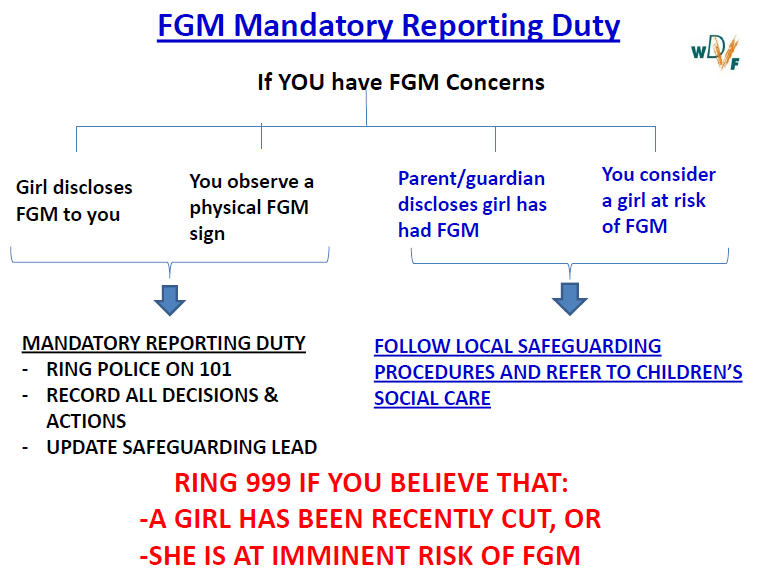The Violence Against Women and Girls (VAWG) agenda at both local and national levels acknowledges the gendered nature of domestic and sexual violence in that the majority of victims are female. However, it cannot be over-emphasised that the local and national strategies recognise that there are female and male victims and perpetrators, and that strategies encompass work with women, men, girls and boys. VAWG includes the following types of violence and abuse:
- Domestic Violence and Abuse
- Female Genital Mutilation
- Forced Marriage
- Honour Based Violence
- Sexual Violence
Click here for the Wolverhampton Tackling Interpersonal Violence & Abuse Strategy 2019-2022
Click here for Wolverhampton's Overarching Domestic Violence Protocol and Guidance 2018
Click here for the expectations of partner agencies
Click here for the Dash Risk Assessment and guidance
Multi-Agency Risk Assessment Conference (MARAC) is a secure, confidential multi-agency process that identifies protective interventions for individuals and families. If you believe that a victim is at serious risk of harm due to Domestic Violence, please complete the MARAC Referral Form. A case can be referred to MARAC if:
- Visible High Risk - the victim answers yes to 14 or more questions on the above DASH Risk Assessment checklist.
- Professional Judgement - the victim answers yes to less than 14 questions but you believe that the victim is high risk of serious harm.
- Repeat - the case has been discussed at MARAC in the last 12 months and another incident has occurred.
- Escalation - the incidents are increasing in volume and severity.
Click here for MARAC Referral Form
Send your MARAC Referral Form to : marac_referrals@west-midlands.pnn.police.uk
All general MARAC enquiries can be directed to marac_referrals@west-midlands.pnn.police.uk
Urgent MARAC enquiries can be directed to the Senior MARAC Coordinator -
Laura Rogers on laura.rogers@west-midlands.pnn.police.uk mobile: 07760 991794
West Midlands Forced Marriage & Honour Based Abuse 24hr Multi Lingual Helpline 0800 953 9777
Click to download - HBV Leaflet 1 HBV Leaflet 2
Anyone worried about or suffering from any form of domestic violence, female genital mutilation, forced marriage, honour-based violence, or sexual violence can call the relevant helpline or In an emergency call police on 999
The Haven Wolverhampton 24-hour Helpline for women and men on 08000194400
• National Domestic Violence helpline for women on 0808 2000 247
• National Domestic Violence helpline for men on 0808 8010327
• Wolverhampton Adults Social Care team on 01902 551199
• Wolverhampton Children's Social Care on 01902 555392
• NSPCC FGM Helpline on 0800 028 3550
• Karma Nirvana helpline for victims of so-called honour-based violence and
• Forced marriage 0800 5999 247.
Click here for more information about specialist organisations in Wolverhampton
Domestic Abuse Safety Planning Leaflet Warning - only to be handed to someone if it is safe to do so.
Wolverhampton Domestic Violence Perpetrator Programme is provided free of charge and referrals are accepted from agencies and those wishing to refer themselves.
West Midlands Forced Marriage & Honour Based Abuse 24hr Multi Lingual Helpline 0800 953 9777
Click to download - HBV Leaflet 1 HBV Leaflet 2
Forced marriage is a CRIME. It is a form of domestic violence against women and men, a serious abuse of human rights, and where a minor is involved, child abuse.
A 'forced' marriage (as distinct from a consensual "arranged" one) is defined as one, which is conducted without the valid consent of at least one of the parties and where duress is a factor. Duress cannot be justified on religious or cultural grounds.
Forced marriage is primarily, but not exclusively, an offence of violence against women. Most cases involve young women between 13 and 30, although evidence suggests as many as 15% of victims are male.
While it is important to have an understanding of the motives that drive parents or families to force their children or adults to marry, these motives should not be accepted as justification for denying them the right to choose a marriage partner and enter freely into marriage.
A person’s capacity to consent can change. With the right support and knowledge, a person with a learning disability may move from a position of lacking capacity to consent to marriage, to having capacity. However, some children and adults with learning disabilities are given no choice and/or do not have the capacity to give informed consent to marriage and all it entails.
One Chance Rule
All practitioners working with victims of forced marriage and HBV need to be aware of the “one chance‟ rule. That is, they may only have one chance to speak to a potential victim and may only have one chance to save a life.
This means that all practitioners working within statutory agencies need to be aware of their responsibilities and obligations when they become aware of potential forced marriage cases. If the victim is allowed to walk out the door without support being offered, that one chance might be wasted.
Click here for HM Gov Awareness of Forced Marriage elearning course
Click here for the HM Goverment's, Multi-agency practice guidelines: Handling cases of Forced Marriage


